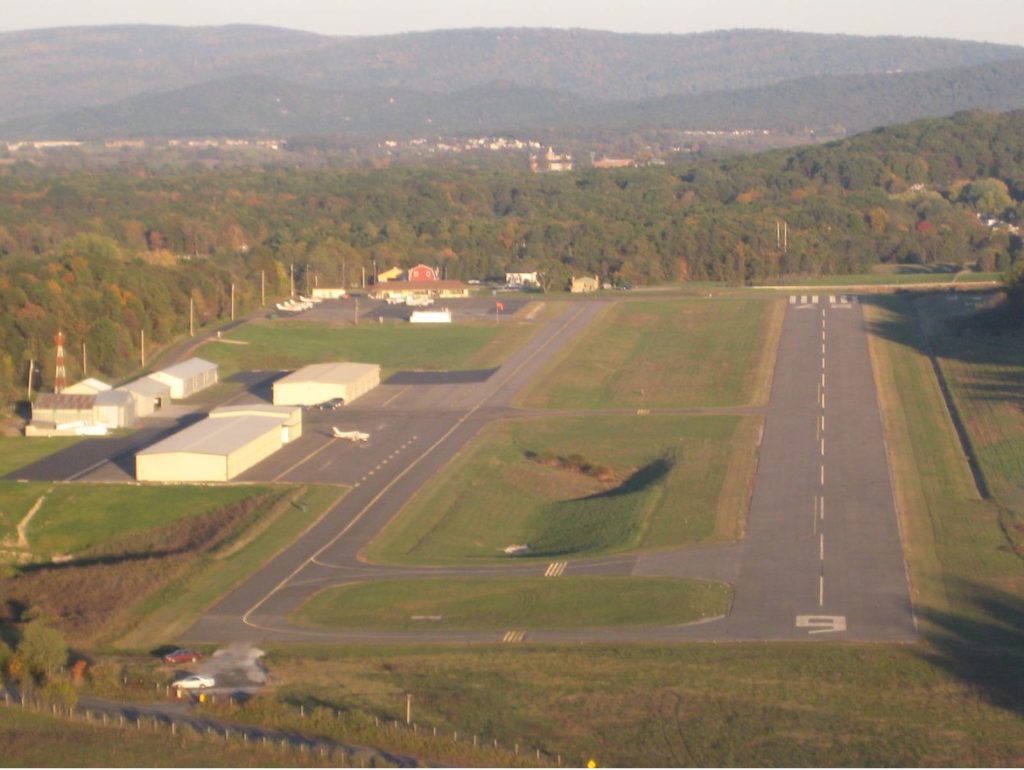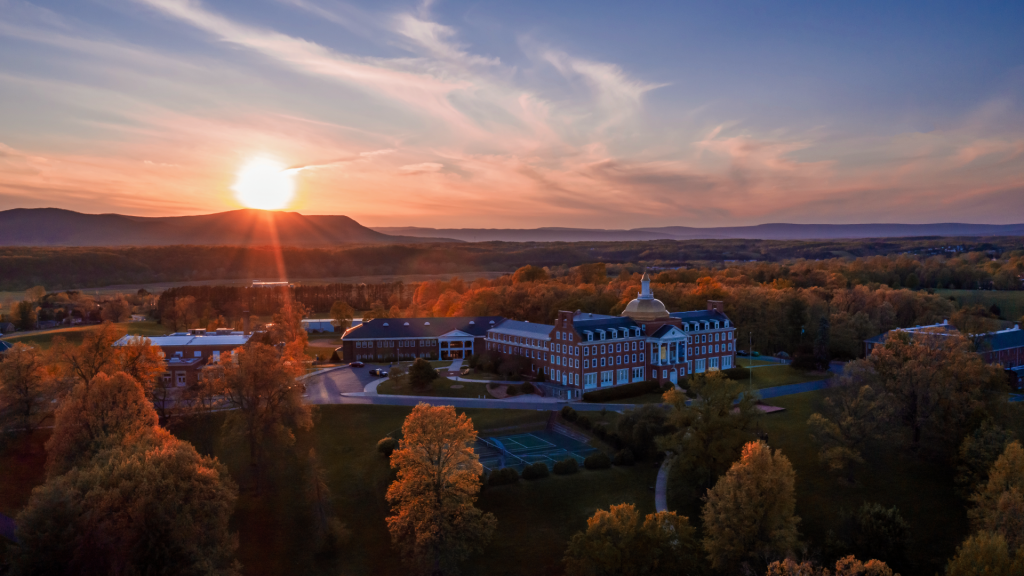
























Click here to learn more about the FAA Grant and our Drone Instructor, Brian Kelly
The philosophy of the Aviation Program is to attract young people to the world of aviation and flight. The aviation and aerospace industries are growing rapidly and forecast a shortage of qualified pilots and workers in the near future. A number of our students have chosen to attend our institution because of the Aviation Program, and Randolph-Macon Academy is proud to offer them the chance to explore the world of aviation. For flight instruction, two academy-owned aircraft (Cessna 172S models) are utilized to provide the students with first-rate training in basic and advanced flight maneuvers and cross-country navigation techniques. The students quickly learn of the delicate balance of aerodynamic forces and procedures that have to take place in order to be successful aviators. We teach young men and women to fly, earn solo wings, and earn Private Pilot Certification. As students reach their goals in the program they gain self-confidence, and self-esteem, and broaden their career options. Here at Randolph-Macon Academy, the Aviation Program is proud to be providing our students with such a unique opportunity at the secondary school level.
Exploring Aviation:
This course has been developed to introduce the student to careers in aviation, how to operate an airplane, and how to operate unmanned aircraft. Areas explored will include engineering practices, commercial aviation, military aviation, and general aviation, history, lighter than air, gliders, powered flight, space exploration, modern aircraft design, aviation safety, accident investigation, weather, careers, environmental impact, future aircraft, future space travel, and building a career portfolio. At the conclusion of the course, the students will have a better idea of what part of aviation they would like to explore.
Ground School:
This course has been developed to build on Exploring Aviation and provide the students instruction in the subject areas necessary for Private Pilot Certification. These areas include flight operations, meteorology for aviators, interpreting weather data, aircraft performance and navigation, federal aviation regulations, basic aerodynamics, airplane systems and components, and aviation physiology. At the conclusion of the course, the student will have covered the material needed to take the Federal Aviation Administration Airman Knowledge Test for Private Pilot Certification.
Drone Applications:
The Drone Applications course offers an immersive, year-long educational journey that marries advanced UAV piloting skills with in-depth aeronautical knowledge, tailored to various professional disciplines. Students will engage in a dynamic learning environment that equally emphasizes theoretical instruction and practical, hands-on drone operation. The curriculum is designed to facilitate fieldwork, empowering students to conduct research and plan and execute professional-grade drone missions. These missions focus on acquiring and analyzing actionable data and imagery that support the endeavors of the Unmanned Systems Lab’s community collaborators and the Academy’s internal projects.
The program is structured to provide a robust career pathway experience, giving students direct interaction with state-of-the-art technology that’s at the forefront of the industry’s rapid evolution. Upon completion, participants will be thoroughly prepared, both in expertise and practical exposure, to qualify for the FAA Part 107 Commercial Drone Pilot Certificate.
Throughout the course, students will amass substantial flight time across various specialized drone platforms, cultivating skills in key areas such as:
- Aerial Photography and Cinematography
- Automated Data Acquisition for Aerial Mapping and 3D Modeling
- Drone Utilization in Emergency Response and Disaster Management by First Responders.
In addition, this course fulfills approximately 45% of the Ground School requisites for the Randolph-Macon Academy’s Manned Flight Program, offering a comprehensive foundation for those interested in expanding their aviation pursuits.
Advanced Drone Applications:
Building on the foundational skills acquired in Drone Applications I, this full-year Advanced Drone Applications course propels students into a higher echelon of UAV expertise. The course challenges participants to integrate their enhanced drone flight training and aeronautical knowledge into a project-based learning framework. Students will embark on projects designed to cultivate competencies highly valued in the modern workforce, including:
- Critical Thinking and Problem Solving Teamwork and Team Building
- Effective Written and Oral Communication Organizational Skills
- Leadership Development
- Adaptability in Dynamic Environments
- Strategic Planning Abilities
Drones in this course are not just devices but vital instruments for data collection and analysis, contributing to significant real-world research endeavors. Students will gain an enriched understanding of their environment through the direct application of UAV technology in sophisticated projects.
The instructional approach of this course is a blend of interactive team-based classroom activities and substantial hands-on flight time. Field studies will provide practical scenarios where students research, design, and execute professional-level drone missions. These missions are aimed at harvesting and evaluating actionable data and visual materials.
The Advanced Drone Applications course not only offers support to numerous professional career pathways but also offers the chance to engage with cutting-edge technology that is shaping the future of numerous industries.
